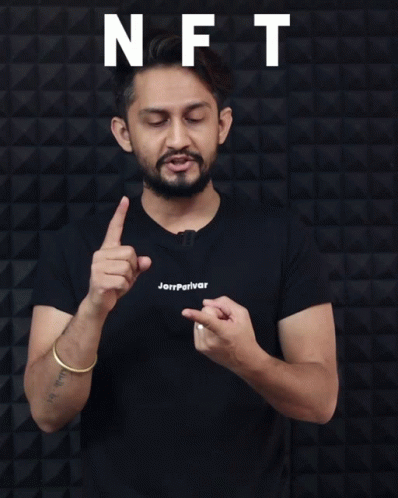- 🐷 WUPPLES® Crypto
- Posts
- Using Blockchain: Smart Contracts
Using Blockchain: Smart Contracts
Blockchain for Business (4 of 7)
Hi there!
In our last emails we talked about intellectual property
and advertising.
Today, we’ll look at smart contracts.
Although smart contracts were actually invented in the 1990s,
they’ve reached their full potential with the aid of blockchain
technology.
A smart contract is essentially a self-executing contract.
The contract is stored within the blockchain and when a previously
agreed-upon event occurs (like a deadline passing), the contract
is triggered to execute itself (a payment is sent, a public record
is written, etc.).
Unlike a paper contract, the blockchain is tamper-proof so your
contact is safe from hackers or other thieves.
There’s no way to change the blockchain without rewriting the
entire thing, which would take massive amounts of computer power
and effort, and would still leave records of the original
contracts.
When someone applies for a loan, asks for credit, buys a condo,
or begins a new job, a contract is created to legalize the agreement
between the parties.
This contract will specify and record the terms of that agreement
and the required actions of each party.
By itself, a traditional paper contract has no power to enforce
those terms, thus requiring the services of a legal or governmental
third-party to oversee the execution of that contract.
If the terms are not met, the parties must rely on the intermediary
to rectify the situation and enforce the contract.
With recent advancements in Distributed Ledger Technology (DLT),
lawyers, notaries, or other middle-men are no longer required
to oversee a contract.
Using a smart contract, people can execute and enforce the contract
without third-party involvement.
Let’s look at an example:
A seller agrees to send 100 products to a buyer, for the price of
1 bitcoin each, by a specific date.
This agreement is written into an encrypted smart contract and
put into blockchain.
If the buyer doesn’t receive the goods by the specified date, the
cryptocurrency won’t be released and both parties will be notified
of the contract breach without the need of any human supervision or
intervention.
Think of the smart contract as a vending machine.
You put in your money and the machine records the transaction and
distributes the product.
In this analogy, the distributed ledger technology would be the
hardware of the vending machine.
Some benefits of using smart contracts include time savings,
cost effectiveness, security, and ease of use.
Some drawbacks include human error, automatism (also a benefit),
legal enforceability in some parts of the world, and difficulty
using cryptocurrencies.
In our next email, we’ll take a look at storing digital assets.
Until then,
🐷 WUPPLES®
P.S. Like 🐷 WUPPLES® tips & tricks? (share with friends...thanks!)
Win 🐷 WUPPLES® Bronze, Silver & Gold Ads!
You can win free ads for referring friends & family to our newsletter 👇
50 referrals - 🐷 WUPPLES® Bronze ad ($60.83 value)
150 referrals - 🐷 WUPPLES® Silver ad ($91.25 value)
350 referrals - 🐷 WUPPLES® Gold ad ($182.50 value)
{{rp_personalized_text}}
Copy and paste this link: {{rp_refer_url}}



Reply